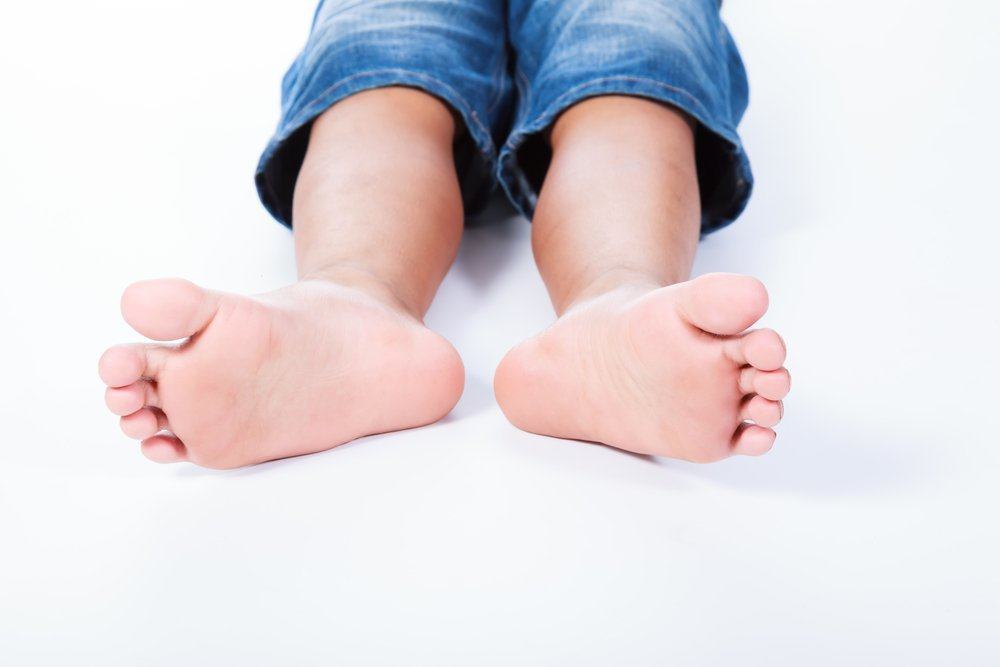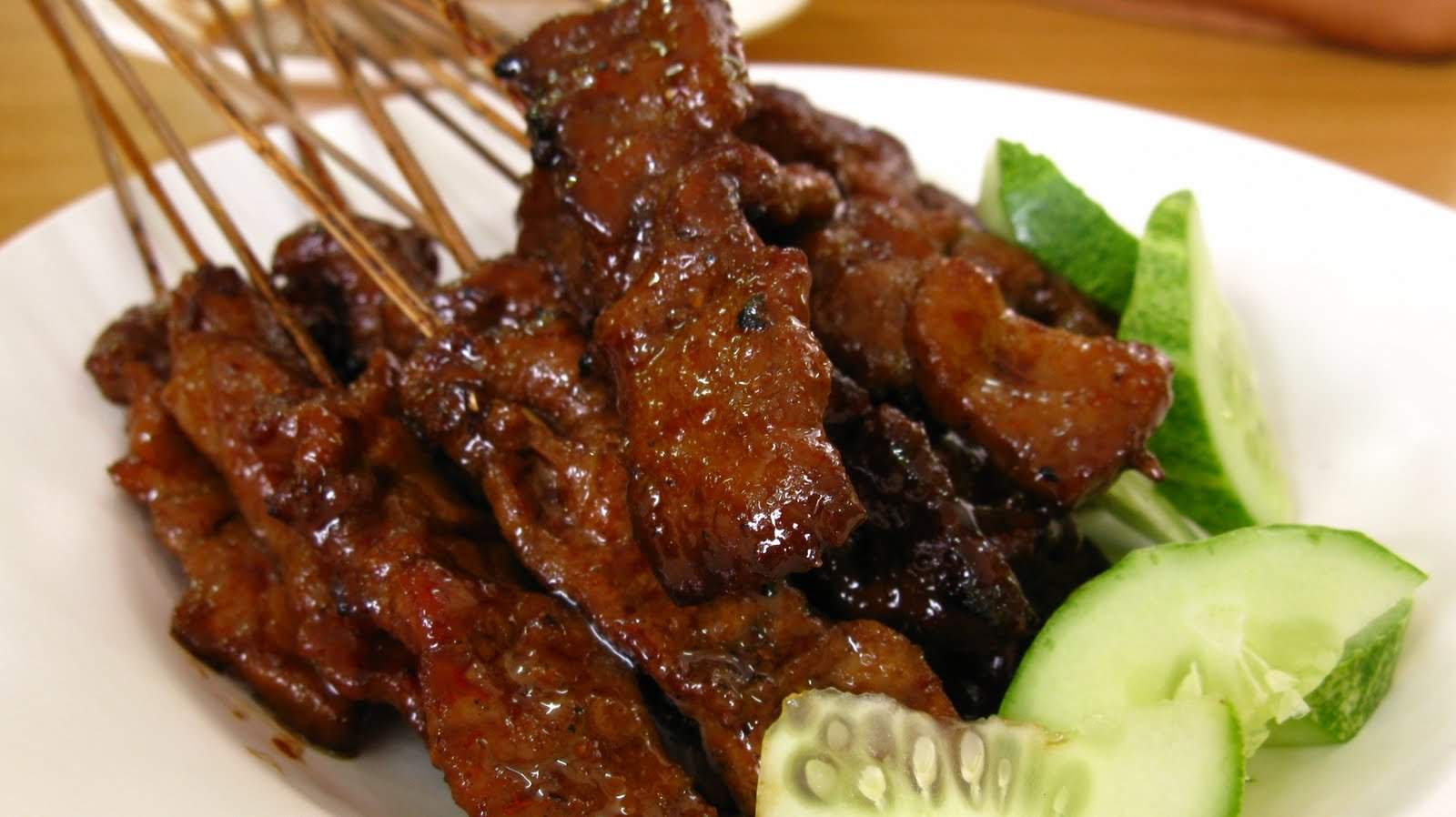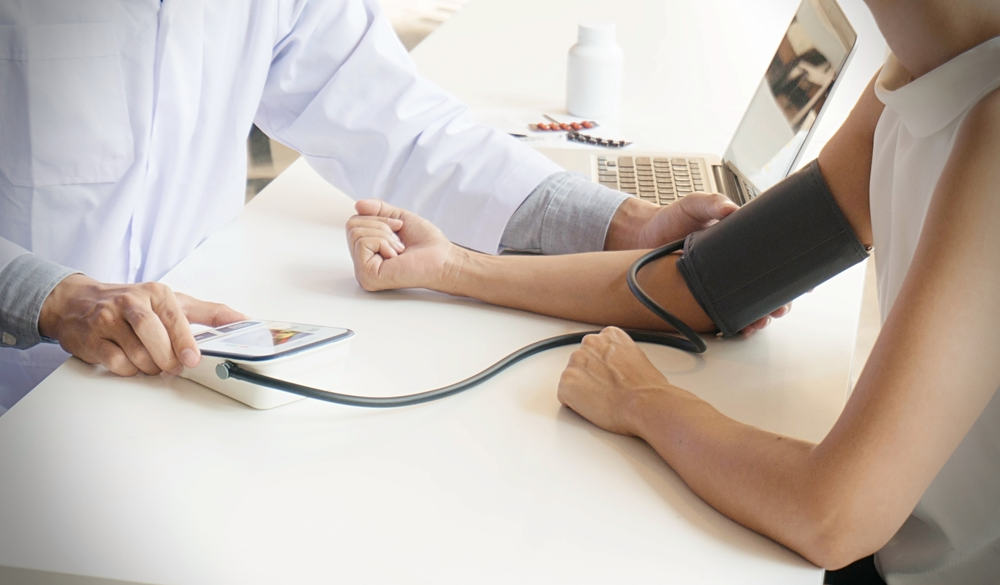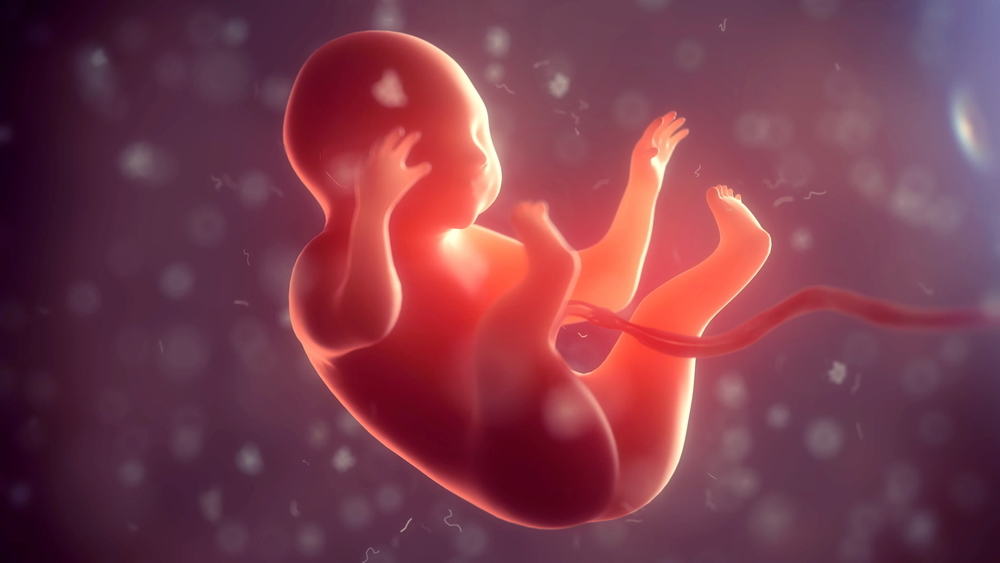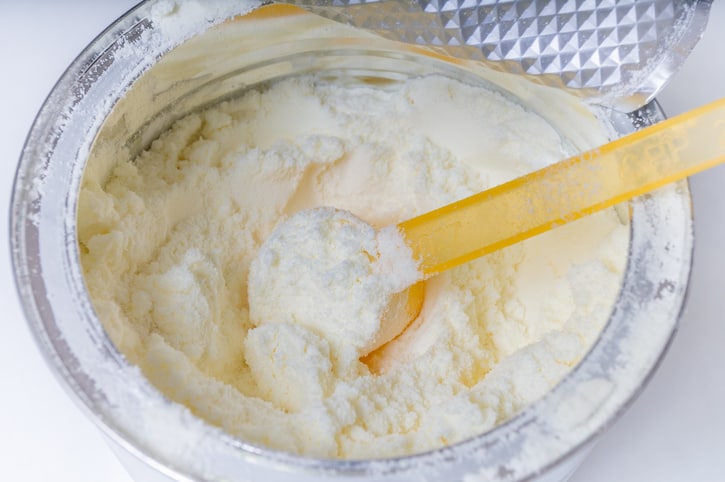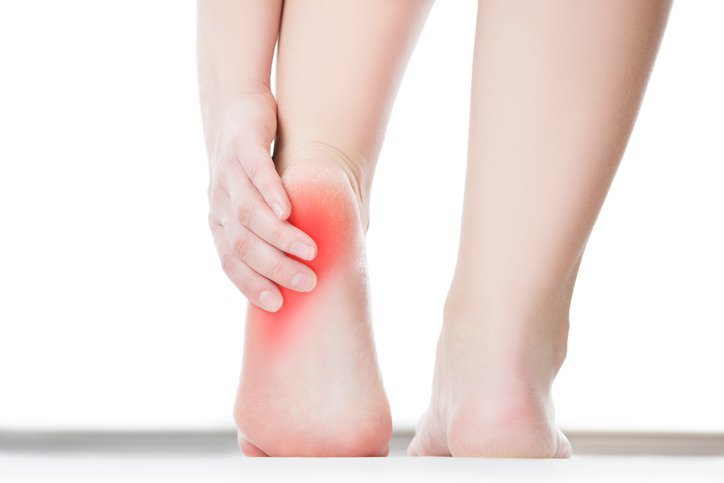Contents:
- Medical Video: Reye syndrome - causes, symptoms, diagnosis, treatment & pathology
- Signs and symptoms of Reye's syndrome
- Early signs and symptoms
- Additional signs and symptoms
- Causes of Reye's syndrome
- How to treat Reye's syndrome
- How to prevent Reye's syndrome
Medical Video: Reye syndrome - causes, symptoms, diagnosis, treatment & pathology
Reye's syndrome is a matter of sudden brain damage and liver function that has no known cause. This syndrome usually occurs in children who are given aspirin when they suffer from chickenpox or flu. The use of aspirin for children is very dangerous, especially if giving it without permission from a doctor.
Most children and adolescents who have this syndrome can survive, although they may experience a variety of permanent brain damage. Without proper diagnosis and treatment, this disease can be fatal in a few days. To find out more about Reye's syndrome, let's look at it below.
Signs and symptoms of Reye's syndrome
In Reye's syndrome, a child's blood sugar level usually decreases while ammonia levels and acidity in the blood increase. At the same time, the liver can swell and cause fat buildup. Swelling can also occur in the brain, which can cause seizures and loss of consciousness. The signs and symptoms of Reye's syndrome usually appear about three to five days after the appearance of a viral infection, such as a cold or smallpox, or an upper respiratory infection, such as a cold.
Early signs and symptoms
For children aged 2 years, the first signs of Reye's syndrome may include:
- Diarrhea
- Breathe fast
For children and adolescents, initial signs and symptoms include:
- Vomiting continuously or continuously
- Unusual lethargy or sleepiness
Additional signs and symptoms
When the condition progresses, signs and symptoms can become more serious, including:
- Aggressive, irrational, or angry behavior
- Confusion, disorientation, or hallucinations
- Weakness or paralysis of the arms and legs.
- Seizures
- Excessive lethargy
- Decreased level of consciousness
All signs and symptoms above require immediate medical treatment.
Causes of Reye's syndrome
The exact cause of Reye's syndrome is unknown, although several factors may play a role in its development. Reye's syndrome seems to be triggered by using aspirin to treat cirus or infections, especially flu and smallpox, in children and adolescents who have impaired fatty acid oxidation.
Disorders of fatty acid oxidation are inherited metabolic disorders in which the body is unable to break down fatty acids, because enzymes have disappeared or are not working properly. A test screening necessary to determine whether your child has the disorder.
In some cases, Reye's syndrome may be a metabolic condition that arises due to viral diseases. Exposure to certain toxins, such as insecticides, herbicides, and thinners, can also contribute to this syndrome.
How to treat Reye's syndrome
People with Reye's syndrome are usually hospitalized. Severe cases can be treated in the intensive care unit. Hospital staff will continue to monitor your child's blood pressure and other vital signs. Specific treatments may include:
- IV infusion. Glucose and electrolyte solutions are given by intravenous route.
- Diuretics. This drug can be used to reduce intracranial pressure and increase urinary discharge.
- Medication to prevent bleeding. Bleeding due to abnormalities of the day requires treatment with vitamin K, plasma, and platelets.
How to prevent Reye's syndrome
Use aspirin carefully to children and adolescents. Although aspirin has been approved for use in children over 2 years of age, do not give aspirin to children and adolescents who have recently recovered from chickenpox or flu. This includes plain aspirin and drugs containing aspirin.
Some hospitals and medical facilities have conducted several checks on newborns to determine which older children have Reye's syndrome. Children who have fatty acid oxidation disorders do not have to take aspirin or products containing aspirin.
Always check the label before giving medicine to your child, including over-the-counter products and alternative or herbal medicine. Aspirin can also appear on some unexpected drugs, such as Alka-Seltzer. Sometimes, aspirin also comes under other names, such as acetylsalicylic acid, acetylsalicylate, salicylic acid, and salicylate.
READ ALSO:
- Pretend to be sick? You Can Have Munchausen Syndrome
- Stockholm Syndrome, When Hostages Sympathize with Kidnappers
- 6 Surprising Reasons Why Women Choose Not to Have Children

